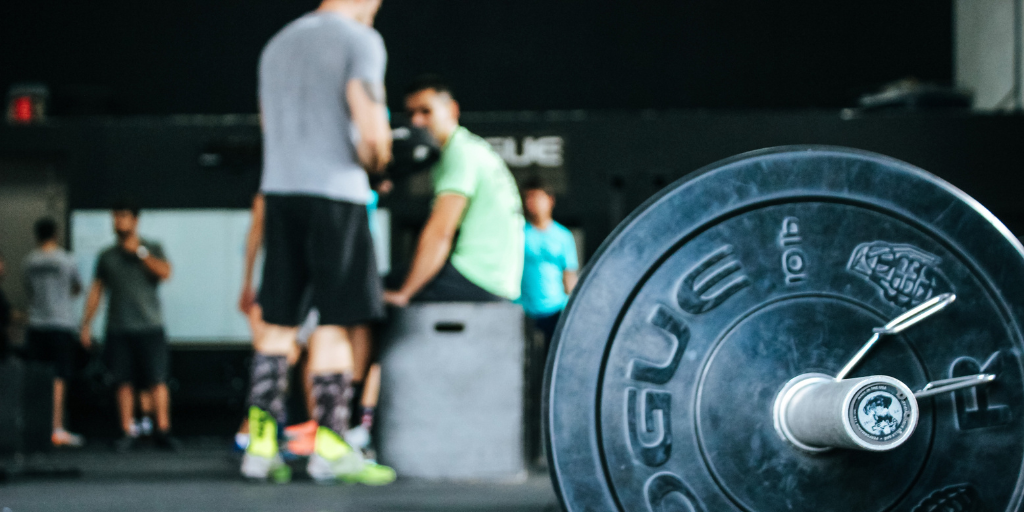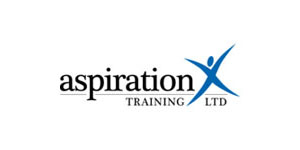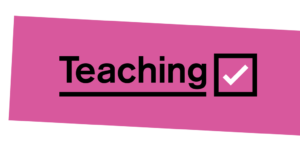Personal Trainer careers guide and job profile
Combine great people skills with your passion for fitness for a fun and rewarding career.
How much money can you earn as a Personal Trainer?
These LMI Job Trends give you a sneak peek of how much you could earn starting out for this career, and how much your salary could grow with experience.
Average salary for Personal Trainer jobs
Recent labour market information says you can earn £17,000 – £30,000 a year on average as a Personal Trainer in the UK.
Your starting salary can vary because of factors like level of experience, training, or location. Your salary will increase over time as you build skills, knowledge and experience.
Health & Science Career FAQs
Is there something you’d like to know about health and science careers? Maybe we can help!
Skills you need to become a Personal Trainer
Useful skills to put in your CV:
- A passion for health and fitness. You’ll need to be physically fit and healthy yourself, and have a good understanding of many different forms of exercise.
- A friendly and approachable personality. Being a PT is a people business first and foremost, and you’ll need to inspire and uplift your clients at every stage of their journey. Communication skills will help you to maintain great client relationships.
- Excellent knowledge of the human body. A good understanding of food and nutrition is also a big advantage.
- A good head for business. Many Personal Trainers are self-employed, either on a freelance basis or as an independent contractor with another organisation such as a gym. This means you will need to manage your own finances, client list, and business expenses. Self-management skills will also help you.
- Attention to detail. You’ll need to monitor each client’s progress carefully and suggest changes that can help them improve.
- Great organisational skills. You’ll be managing a busy roster of clients and might be working in different locations, so staying organised is essential.
- Knowledge of First Aid. A qualification isn’t essential but will be a big advantage.
Top Skills-boosting Tips
Keep on top of the research in your field. New data about health, fitness, and the body is coming out all the time. Make it your mission to ensure you are always aware of the newest developments that will help you to serve your clients even better.
How Do You Get These Skills?
Vocational qualifications and work experience will help you build these skills over time.
What qualifications & training do you need for Personal Trainer jobs and careers?
School, college and training
You can start working towards becoming a Personal Trainer directly from school. You don’t need any additional qualifications to start out in this career. You will normally need a Level 3 qualification in Personal Training and to be registered with a recognised professional body such as the Chartered Institute for the Management of Sport and Physical Activity (CIMSPA).
Here are a few ways into the profession:
A-Levels
A-Levels are academic qualifications available to learners after GCSEs alongside apprenticeships, BTECs, and T-Levels. If you are interested in becoming a Personal Trainer and want to do A-Levels, Physical Education (PE), Biology, and Nutrition and Food Science are great subjects to consider.
University degrees and graduates
You do not need to go to university to become a Personal Trainer. However, a degree can still be a great springboard into a career in health and fitness. Degree subjects such as Fitness Training and Sports Science are ideal for a career in this industry.
UCAS has more information on degree courses and entry requirements.
BTECs
As an alternative to A-Levels, you can do BTECs from the age of 16. To become a PT, you’ll want to consider BTECs such as:
- Level 3 Diploma in Sport, Fitness, and Personal Training
- Level 3 Specialist Certificate in Personal Training
- Level 1, 2, or 3 Diploma in Sport
You’ll normally need 2 or more GCSEs at grades 9-3 (A*-D) or equivalent for a Level 2 or Level 3 course. If your qualifications are lower than this, you might want to consider starting with a Level 1 course and working your way up.
Apprenticeships
An apprenticeship is a scheme where you train while earning a starting salary. With an apprenticeship (or advanced apprenticeship) you’ll have a paid job with an employer that includes structured training and learning. This training leads to an official qualification that’s recognised by employers as an industry standard.
You can do an apprenticeship as a Personal Trainer, learning on the job and finishing with a recognised qualification that will allow you to work in the industry.
Career Progression
There are many places your career in Personal Training can take you. You might start your own business, coaching clients in gyms, their own homes, or other locations.
You could become a Gym Manager or even open up your own gym, you could work in education teaching future trainers, or you could go into holistic “high-end” training.
What work experience do you need for Personal Trainer Jobs?
Work Experience Tips
It can help you decide if this is the right career for you if you have previously done work experience in a health and fitness environment. Any work experience where you have demonstrated your health and fitness knowledge, client care skills, and attention to detail will help your application.
Examples of relevant work experience include:
- Work shadowing (even if it’s just for a day)
- Work placements in a company
- Work experience placements on a college or university course
Volunteering Tips
You can build your skills in your own time to enhance your application and help yourself to stand out to employers. There are lots of places to get experience that will help you on your journey towards becoming a personal trainer, but you must be careful that you are not practising unsupervised training without certification (this is dangerous and, if you’re uninsured, can even be illegal).
If you’re still at school, one way to grow and expand your skills is to volunteer as an assistant coach for one of your school’s sports teams. You could volunteer to work with a local amateur team or to do some sessions for another organisation such as a youth group. Community-based health events and large fitness-focused events such as races and marathons are also great places to volunteer.
Volunteering tipsWhat does a Personal Trainer do?
A Personal Trainer works with clients one-to-one or sometimes in small groups.
They might work from a gym, in their own or clients’ homes, or in an outdoor space such as a park.
Personal Trainers devise exercise programmes to help their clients meet goals such as losing weight, building muscle, or getting stronger.
Example daily job responsibilities
- Holding one-to-one or group exercise sessions with clients
- Giving clients feedback on their fitness, form, and progress
- Advising clients on health and nutrition
- Building and maintaining positive and friendly relationships with clients
- Creating and modifying exercise programmes for clients
- Recording training sessions and keeping detailed records of progress
- Marketing your training business to attract new clients
How to find laboratory technician jobs
Once you have achieved an appropriate Personal Training qualification, search on jobs boards for early career roles and opportunities with these words in the title:
- Personal Trainer
- Fitness Trainer
- Fitness Instructor
- Find an Apprenticeship
- Your Personal Training UK
- Origym Personal Training Courses
- Storm Fitness Academy
- Everyone Active Careers
- CIMSPA
You can also take a look at our database of local opportunities to see if there are any relevant jobs, work placements, or careers events and workshops to help you get started.
Get Into Health and Science With Youth-Friendly Employers
These employers and organisations are here to help. They care about your potential and desire to learn, not just your qualifications and experience. They may be able to offer traineeships, apprenticeships, graduate schemes, first jobs, careers advice, wellbeing support and much more.
Health And Science Career Tips & Opportunities
Health And Science Career Guides
View job descriptions with average UK salary, useful qualifications and a variety of routes into this career.
-
Apprenticeships with Youth Friendly Employer ABP
-
Care Worker
-
Contact Lens Optician – ABDO Careers in Eyecare
-
Cosmetic Scientist
-
Dispensing Optician – ABDO Careers in Eyecare
-
Ecologist Careers
-
Eye Clinic Liaison Officer (ECLO) – ABDO Careers in Eyecare
-
Food Manufacturing Inspector Careers
-
Food Technologist Careers
See All Our Youth-Friendly Employers






































































YES! I Want More Free Careers Help...
So what are you waiting for? Grab your future.












































